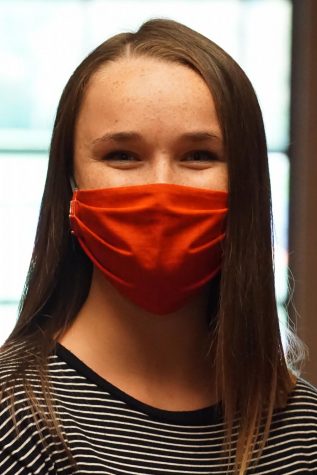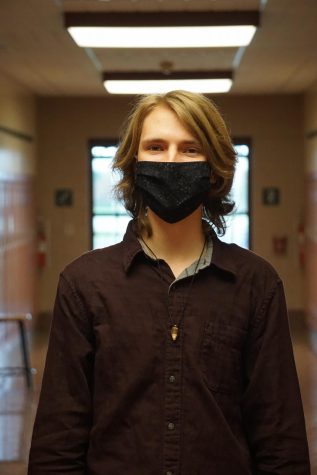TikTok Users Protest Censorship of Black Creators with a Black Out
May 30, 2020
On Tuesday, May 19 black creators took to the social media platform, TikTok, in order to protest the platform’s censorship of content made by black creators.
This protest, named the Black Out, was intended to make videos by black creators appear on users’ feed more frequently.
The Black Out movement was founded by Lex Scott, founder of Black Lives Matter Utah. The movement began when she posted a TikTok video on May 7 asking for creators to participate in her movement.
The video outlines three guidelines for the protest. Participants were supposed to change their profile picture to the black power symbol. They were to only like content produced by black creators and only follow black creators that day. The final guideline included having participating black creatures make videos bringing awareness to their censorship on the platform.
Scott told CNN, “I did this because black creators are being silenced on TikTok and other social media platforms and I am fed up. Our videos are taken down and our accounts are banned when we speak against racism.”
The protest was to be staged on the 19th of May because it is the Birthday of Malcolm X. Malcolm X was an American Muslim minister and civil rights activist born on May 19th, 1925. He was a popular figure during the Civil Rights movement and was most known for his staunch and controversial black racial advocacy.
This is not the first time TikTok has been accused of censoring content on their platform.
In December of 2019, TikTok admitted to The Guardian that they had been censoring posts made by anyone who identified as disabled, fat, or LGBTQ+ as a way to combat bullying on the app.
TikTok said, “Early on, in response to an increase in bullying on the app, we implemented a blunt and temporary policy. While the intention was good, the approach was wrong and we have long since changed the earlier policy in favor of more nuanced anti-bullying policies and in-app protections.”
The rules had been implemented as early as September according to Netzpolitik.org. Since then TikTok said that those rules had been changed in May.






